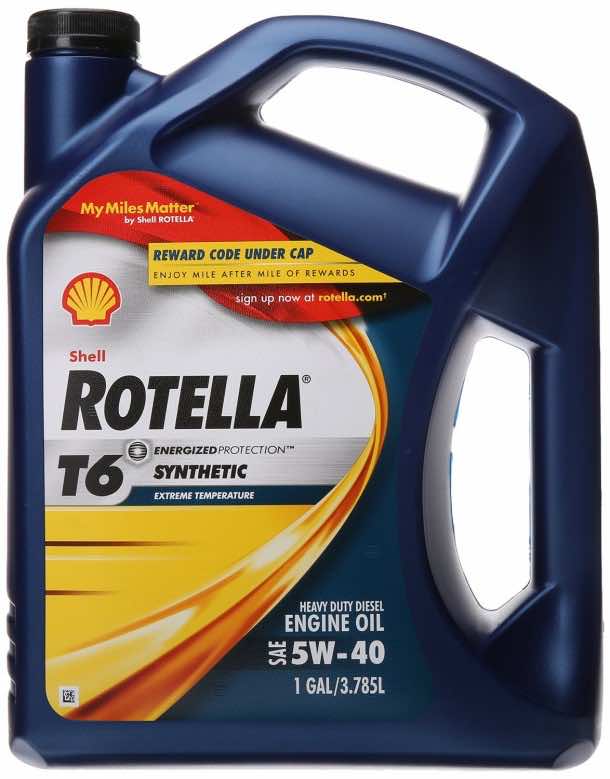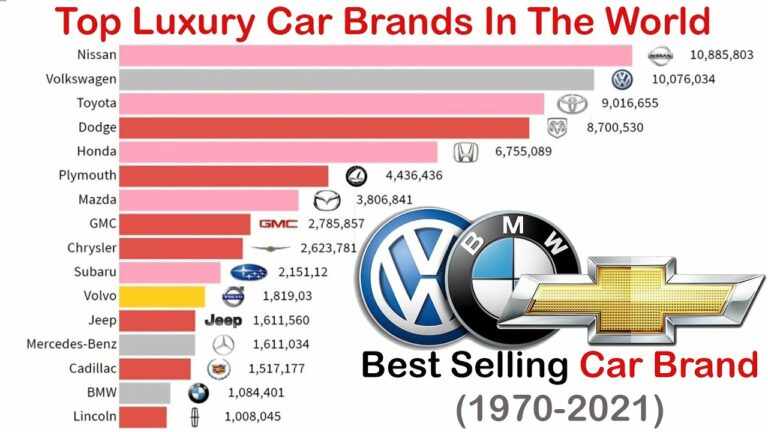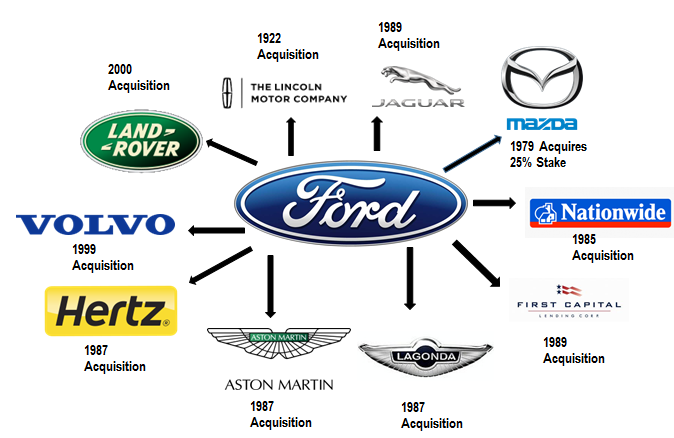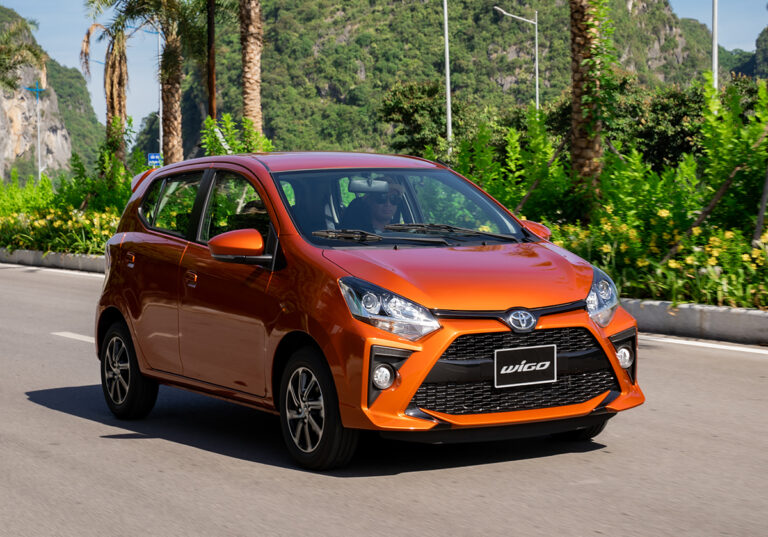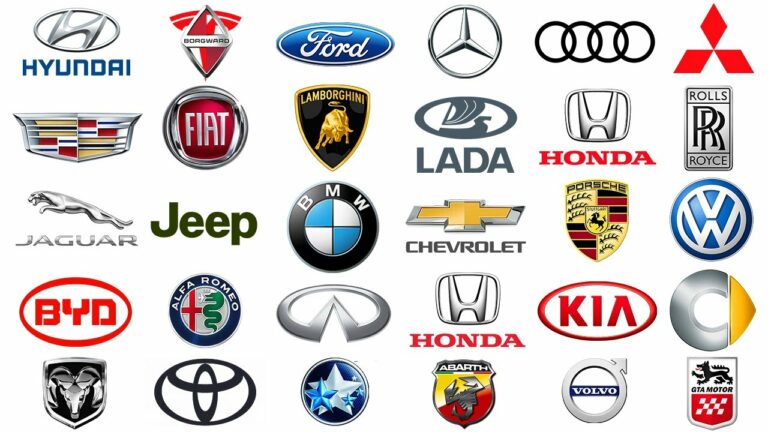Top Car Engine Oil Brands: The Lifeblood of Your Vehicle
Top Car Engine Oil Brands: The Lifeblood of Your Vehicle cars.truckstrend.com
Your car is a complex machine, and at its heart lies the engine – a marvel of engineering that converts fuel into motion. Just as blood is vital to the human body, engine oil is the lifeblood of your vehicle. It’s far more than just a lubricant; it’s a sophisticated blend of base oils and additives designed to protect, cool, clean, and seal your engine’s intricate components. Choosing the right engine oil isn’t just about adhering to maintenance schedules; it’s about investing in your car’s longevity, performance, and overall health. With a myriad of options flooding the market, understanding the top car engine oil brands and what sets them apart becomes crucial for every car owner.
This comprehensive guide will delve into the world of engine oils, highlighting the leading brands that have earned their reputation through innovation, performance, and reliability. We’ll explore the different types of oil, how to select the best one for your vehicle, the benefits of using premium brands, and offer practical advice to ensure your engine runs smoothly for years to come.
Top Car Engine Oil Brands: The Lifeblood of Your Vehicle
Understanding Engine Oil: More Than Just Lubrication
Before we dive into specific brands, it’s essential to grasp the fundamental roles and types of engine oil. Understanding these basics will empower you to make informed decisions.
The Critical Functions of Engine Oil:
- Lubrication: This is the primary role. Oil creates a thin film between moving metal parts (like pistons and cylinder walls), preventing direct metal-on-metal contact, which would lead to immense friction, heat, and rapid wear.
- Cooling: As engine parts move, they generate significant heat. Oil circulates through the engine, absorbing heat from hot components and dissipating it as it flows through the oil pan and sometimes an oil cooler.
- Cleaning: Engine oil contains detergents and dispersants that prevent sludge and varnish buildup. Detergents neutralize acids formed during combustion, while dispersants hold contaminants (like soot and unburnt fuel particles) in suspension, preventing them from clumping together and allowing them to be filtered out.
- Sealing: Oil helps to seal the gap between the piston rings and cylinder walls, preventing combustion gases from escaping into the crankcase and maximizing compression for efficient power delivery.
- Corrosion Protection: Engine oil contains rust inhibitors that protect metal surfaces from corrosion, especially during periods of inactivity.
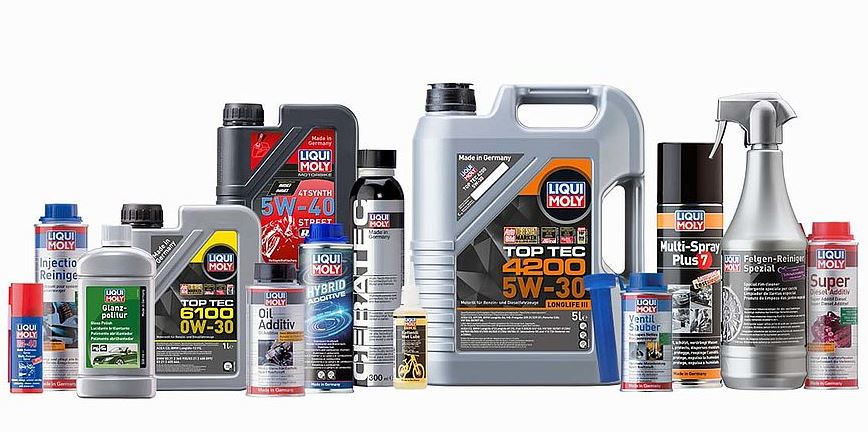
Types of Engine Oil:
- Conventional Oil: Derived from crude oil, it’s the most basic and least expensive. Suitable for older cars with simpler engine designs and normal driving conditions.
- Synthetic Blend Oil: A mix of conventional and synthetic base oils. It offers better performance and protection than conventional oil at a more affordable price than full synthetic.
- Full Synthetic Oil: Engineered in a lab, these oils offer superior performance, stability, and protection. They perform exceptionally well in extreme temperatures, resist breakdown, and often allow for extended drain intervals. Ideal for modern, high-performance, or turbocharged engines.
- High Mileage Oil: Formulated for vehicles with over 75,000 miles. These oils often contain additives that condition seals to prevent leaks and reduce oil consumption in older engines.
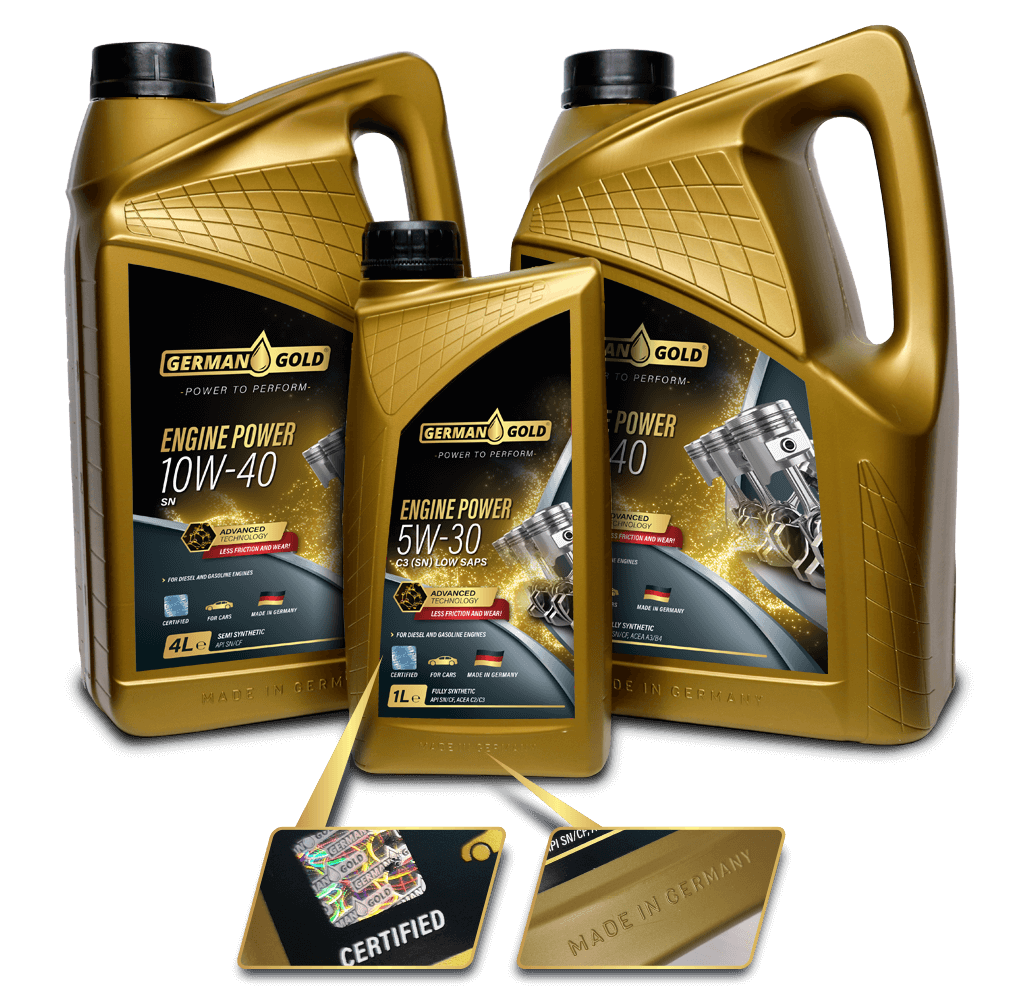
Viscosity Grades and Standards:

Engine oil viscosity is indicated by numbers like "5W-30." The first number (e.g., 5W) denotes the oil’s flowability in cold temperatures ("W" for winter), while the second number (e.g., 30) indicates its viscosity at operating temperature. Lower "W" numbers mean better cold-start flow, crucial for engine protection upon ignition.
Additionally, always look for certifications from organizations like the American Petroleum Institute (API) and the European Automobile Manufacturers’ Association (ACEA). These standards ensure the oil meets specific performance and quality requirements set by vehicle manufacturers.
The Top Contenders: A Deep Dive into Leading Engine Oil Brands
The market boasts several reputable brands, each with unique strengths and innovations. Here’s a look at some of the top car engine oil brands that consistently receive high ratings from experts and consumers alike:
1. Mobil 1
- Profile: A pioneer in synthetic motor oil, Mobil 1 is perhaps the most recognized full synthetic brand globally. It’s often factory-fill in many high-performance vehicles, including Corvettes and Porsches.
- Strengths: Exceptional performance in extreme temperatures, superior wear protection, excellent engine cleanliness, and extended drain intervals. They offer a wide range of products tailored for various vehicle types and driving conditions.
- Key Products: Mobil 1 Extended Performance, Mobil 1 Advanced Fuel Economy, Mobil 1 High Mileage.
- Target Audience: Performance enthusiasts, owners of modern vehicles, those seeking maximum engine protection and fuel efficiency.
2. Castrol
- Profile: With over a century of history, Castrol is a global leader in lubricants. Known for its strong heritage in motorsports, its products are designed for demanding conditions.
- Strengths: Innovative formulations like Fluid Titanium Technology (in EDGE) for enhanced film strength and adaptive protection. They offer a comprehensive range from conventional to full synthetic.
- Key Products: Castrol EDGE (premium full synthetic), Castrol GTX (conventional and synthetic blend for everyday driving), Castrol Magnatec (cling to engine parts for instant protection).
- Target Audience: A broad spectrum of drivers, from daily commuters to performance car owners, seeking reliable protection.
3. Shell (Pennzoil & Rotella)
- Profile: Shell is one of the world’s largest energy companies, and its lubricant division is equally prominent. They market passenger car oils under the Pennzoil brand and heavy-duty diesel oils under Rotella.
- Strengths: Pennzoil is renowned for its PurePlus Technology, which converts natural gas into a 99.5% pure base oil, leading to cleaner engines and better performance. Rotella is a favorite among diesel truck owners for its robust protection.
- Key Products: Pennzoil Platinum (full synthetic with PurePlus), Pennzoil Ultra Platinum (ultimate performance), Shell Rotella T6 (full synthetic heavy-duty diesel).
- Target Audience: Owners of modern gasoline engines (Pennzoil), and diesel truck/fleet operators (Rotella).
4. Valvoline
- Profile: As America’s first motor oil brand (established 1866), Valvoline has a long history of innovation. They invented the first high mileage oil.
- Strengths: Known for its "MaxLife" high mileage oil, which is specifically formulated to address the needs of older engines by conditioning seals and reducing oil consumption. They also offer excellent full synthetics.
- Key Products: Valvoline MaxLife (high mileage), Valvoline Advanced Full Synthetic, Valvoline SynPower.
- Target Audience: Owners of older, high-mileage vehicles, as well as those seeking reliable conventional and synthetic options.
5. Liqui Moly
- Profile: A German brand specializing in premium lubricants, additives, and car care products. They are highly regarded for their quality and specific formulations.
- Strengths: Focus on advanced additive technology, often providing solutions for specific engine issues or performance enhancements. Popular in the European car market and among enthusiasts.
- Key Products: Liqui Moly Leichtlauf High Tech, Liqui Moly Synthoil Energy, various specialized additives.
- Target Audience: Owners of European vehicles, performance enthusiasts, and those seeking specialized oil solutions or engine additives.
6. Motul
- Profile: A French company with a strong heritage in racing and high-performance lubricants. Motul is synonymous with quality and performance in the motorsport world.
- Strengths: Known for its Ester Core technology, which provides exceptional film strength and protection under extreme stress. Their products are often designed for racing, modified engines, and high-performance street cars.
- Key Products: Motul 300V (racing series), Motul 8100 (high-performance street series).
- Target Audience: Racing teams, performance car enthusiasts, and owners of high-end sports cars.
7. Amsoil
- Profile: An independent American company that pioneered synthetic motor oil for automotive use. Amsoil primarily sells its products through a direct sales network.
- Strengths: Known for extended drain intervals, superior wear protection, and fuel efficiency. They focus exclusively on premium synthetic lubricants and filters.
- Key Products: Amsoil Signature Series, Amsoil OE (Original Equipment), Amsoil XL.
- Target Audience: Drivers seeking the absolute longest drain intervals, maximum protection, and are comfortable with a direct-to-consumer model.
Choosing the Right Oil for Your Vehicle: A Practical Guide
Selecting the right engine oil isn’t about picking the "best" brand universally; it’s about picking the best brand for your specific vehicle and driving conditions.
- Consult Your Owner’s Manual: This is the most crucial step. Your car’s manufacturer specifies the exact viscosity grade (e.g., 5W-30, 0W-20), API/ACEA service classification (e.g., SN Plus, C3), and often even specific OEM approvals (e.g., VW 504 00/507 00, Dexos) that your engine requires. Deviating from these specifications can void warranties and potentially harm your engine.
- Consider Driving Conditions:
- Normal Commuting: A good quality conventional or synthetic blend might suffice if your manual allows it.
- Heavy Stop-and-Go Traffic, Extreme Temperatures, Towing: These are severe driving conditions that warrant a full synthetic oil for superior protection and thermal stability.
- Performance Driving/Racing: High-performance synthetics like those from Motul or specific Mobil 1 lines are essential.
- Vehicle Age and Mileage:
- Newer Vehicles: Almost always require full synthetic due to tighter engine tolerances and advanced technologies like turbochargers and direct injection.
- Older/High Mileage Vehicles: High mileage formulations from brands like Valvoline MaxLife can be beneficial.
- Climate: If you live in an area with extremely cold winters, an oil with a lower "W" number (e.g., 0W-20) will provide better cold-start protection.
- Don’t Mix Oil Types: While theoretically possible without immediate damage, mixing conventional, synthetic blend, or full synthetic oils can dilute the beneficial properties of the superior oil. Stick to one type.
- Filter Compatibility: Always use a high-quality oil filter recommended by your manufacturer or a reputable aftermarket brand.
Benefits of Using Top-Tier Engine Oils
Investing in a premium engine oil from a reputable brand offers tangible benefits:
- Enhanced Engine Protection & Longevity: Superior film strength and wear additives significantly reduce friction and wear on critical engine components, extending engine life.
- Improved Fuel Economy: Reduced friction means less energy loss, translating to better fuel efficiency.
- Reduced Emissions: Cleaner combustion and less sludge contribute to lower harmful emissions.
- Better Performance in Extreme Temperatures: Synthetics maintain their viscosity and protective properties in both scorching heat and freezing cold, ensuring reliable starts and sustained performance.
- Extended Drain Intervals: Many full synthetics allow for longer periods between oil changes, reducing maintenance frequency and waste (though always adhere to your manufacturer’s recommendations or oil life monitoring system).
- Cleaner Engine Internals: Advanced detergents and dispersants prevent sludge and varnish buildup, keeping your engine clean and efficient.
Tips for Engine Oil Maintenance
- Adhere to the Oil Change Schedule: Follow your car manufacturer’s recommendations, typically found in your owner’s manual. Don’t solely rely on mileage; time (e.g., every 6-12 months) is also a factor, especially for low-mileage drivers.
- Check Oil Levels Regularly: At least once a month, check your oil level using the dipstick, especially before long trips. Top off if necessary.
- Use the Correct Oil Filter: A high-quality oil filter works in tandem with your oil to remove contaminants.
- Avoid Overfilling or Underfilling: Both can be detrimental. Too much oil can cause foaming and put stress on seals, while too little can lead to inadequate lubrication and overheating.
- Proper Disposal: Never pour used oil down the drain. Recycle it at an auto parts store, service station, or local recycling center.
Challenges and Solutions
- Counterfeit Oils: A growing concern. Always purchase oil from reputable retailers, authorized dealers, or trusted online stores to avoid counterfeit products that can severely damage your engine.
- Confusing Options: The sheer number of oil types and specifications can be overwhelming. Stick strictly to your owner’s manual. If in doubt, consult a trusted mechanic.
- Cost vs. Value: Premium full synthetics are more expensive upfront. However, their superior protection, extended drain intervals, and potential for better fuel economy often result in long-term savings and enhanced engine life, making them a worthwhile investment.
Estimated Price Range for Top Car Engine Oil Brands (Per 5-Quart/Liter Jug)
Please note that prices are estimates and can vary significantly based on retailer, promotions, specific product line (e.g., entry-level vs. premium performance), and geographic location. These prices are for typical 5-quart or 5-liter jugs, which is a common purchase size for an oil change.
| Brand | Representative Product Line (Type) | Estimated Price Range (USD) | Key Features / Notes |
|---|---|---|---|
| Mobil 1 | Extended Performance / Advanced Full Synthetic | $25 – $40 | Pioneer in synthetics, superior wear protection, extended drain intervals. |
| Castrol EDGE | Full Synthetic | $22 – $38 | Fluid Titanium Technology for adaptive strength, diverse range for various needs. |
| Castrol GTX | Conventional / Synthetic Blend | $15 – $25 | Reliable everyday protection, good value. |
| Pennzoil Platinum | Full Synthetic (PurePlus Technology) | $20 – $35 | Made from natural gas, exceptional engine cleanliness, fuel economy. |
| Valvoline MaxLife | High Mileage (Synthetic Blend/Full Synthetic) | $18 – $30 | Formulated for older engines, conditions seals, reduces oil consumption. |
| Liqui Moly | Leichtlauf High Tech (Full Synthetic) | $30 – $50+ | German engineering, advanced additives, popular for European vehicles. |
| Motul | 8100 Series (Full Synthetic) | $35 – $60+ | Racing heritage, high-performance, exceptional film strength for demanding conditions. |
| Amsoil | Signature Series (Full Synthetic) | $40 – $70+ | Premium synthetic, extended drain intervals, focus on maximum protection. |
Frequently Asked Questions (FAQ)
Q: How often should I change my oil?
A: Always follow your car manufacturer’s recommendations found in your owner’s manual. Modern cars with synthetic oil might have intervals ranging from 7,500 to 15,000 miles or once a year, whichever comes first. Older cars or those using conventional oil might require changes every 3,000-5,000 miles.
Q: Can I mix different brands or types of engine oil?
A: While most modern oils are compatible, it’s generally not recommended to mix different types (e.g., conventional and synthetic) as it dilutes the superior properties of the higher-grade oil. Mixing brands of the same type (e.g., two different full synthetics) is usually fine in an emergency, but sticking to one brand and type is best practice.
Q: Is synthetic oil worth the extra cost?
A: For most modern vehicles, yes. Synthetic oil offers superior protection against wear, better performance in extreme temperatures, improved fuel economy, and often allows for extended drain intervals, which can offset the higher initial cost over the long run. Many modern engines require synthetic oil.
Q: What do the numbers in oil viscosity (e.g., 5W-30) mean?
A: The "W" stands for "winter." The number before the "W" (e.g., 5W) indicates the oil’s flow rate at cold temperatures – lower numbers mean better flow when cold. The second number (e.g., 30) indicates the oil’s viscosity at normal operating temperature – higher numbers mean thicker oil at high temperatures. Always use the viscosity recommended by your car’s manufacturer.
Q: Does my car need a specific brand of oil?
A: No, your car does not typically need a specific brand. What it needs is an oil that meets the specific viscosity grade, API/ACEA service classification, and any OEM approvals listed in your owner’s manual. Any brand that meets these specifications is generally acceptable, though top brands often offer superior performance and protection due to their advanced formulations.
Q: What happens if I don’t change my oil?
A: Neglecting oil changes leads to oil degradation, loss of lubricating properties, and accumulation of sludge and contaminants. This results in increased friction, accelerated engine wear, overheating, reduced fuel efficiency, and eventually, costly engine damage or failure.
Conclusion
Choosing the right engine oil is a critical aspect of vehicle maintenance that often goes overlooked. By understanding the role of engine oil, the different types available, and the strengths of top car engine oil brands like Mobil 1, Castrol, Pennzoil, Valvoline, Liqui Moly, Motul, and Amsoil, you can make an informed decision that significantly impacts your car’s health and performance. Always prioritize your vehicle’s owner’s manual and consider your driving conditions. Investing in a high-quality, reputable engine oil is not just an expense; it’s a vital investment in the longevity, efficiency, and reliable operation of your most valuable asset on wheels. Remember, engine oil truly is the lifeblood of your car – treat it well, and it will serve you for miles to come.
